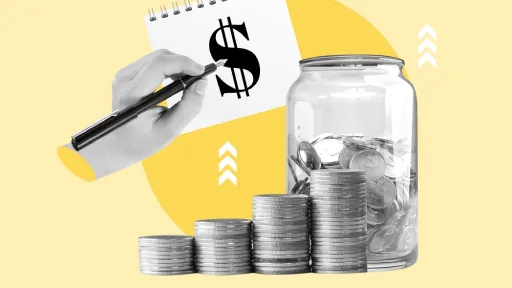In today’s complex financial landscape, understanding what does debt consolidation mean is more crucial than ever. With rising living costs and the ease of acquiring credit, many individuals find themselves juggling multiple debts. Debt consolidation offers a pathway to simplify these obligations, potentially reducing interest rates and monthly payments, which can be a lifeline for those seeking financial stability.
What Does Debt Consolidation Mean?
Debt consolidation is the process of combining several debts into a single loan or payment plan. Instead of managing multiple creditors and various payment deadlines, you make one payment each month. This strategy can help make debts more manageable, reduce stress, and sometimes lower interest rates, making it easier to pay off what you owe.
How Debt Consolidation Works
When you consolidate your debt, you essentially take out a new loan to pay off your existing balances. This new loan usually has a lower interest rate and a longer repayment term compared to the original loans or credit cards, which helps lower your monthly payments. The two primary ways to consolidate debt include:
- Debt consolidation loans: Personal loans or specialized debt consolidation loans used to pay off multiple debts.
- Balance transfer credit cards: Credit cards offering low or zero percent introductory rates when transferring balances from other cards.
Who Can Benefit from Debt Consolidation?
Debt consolidation isn’t a one-size-fits-all solution. It works best for individuals who:
- Are managing multiple high-interest debts.
- Have steady income and can commit to regular monthly payments.
- Want to simplify their finances and reduce payment tracking confusion.
- Are looking to lower their monthly payment amounts and interest rates.
Benefits of Debt Consolidation
Understanding what does debt consolidation mean also involves recognizing its benefits. Here are some of the key advantages:
- Simplified Finances: One monthly payment instead of many means less risk of missing payments.
- Lower Interest Rates: Debt consolidation loans typically offer lower rates than credit cards.
- Reduced Monthly Payments: Longer repayment terms can decrease monthly expenses.
- Improved Credit Score: By reducing the credit utilization ratio and making payments on time, your credit score can improve.
Possible Drawbacks to Consider
Before choosing debt consolidation, it’s essential to be aware of potential downsides:
- Fees and Costs: Some consolidation loans come with origination fees or balance transfer fees.
- Extended Loan Terms: While monthly payments may drop, you might pay more interest over time.
- Risk of New Debt: Without disciplined spending, consolidating debt might lead to accumulating new debts.
Steps to Successfully Consolidate Debt
To make the most of debt consolidation, consider these steps:
- Evaluate Your Debt: List all your debts, interest rates, and monthly payments.
- Check Your Credit Score: Better scores often qualify for better loan terms.
- Shop Around: Compare consolidation loans or balance transfer cards to find the best fit.
- Set a Budget: Ensure you can afford the new payment plan without incurring additional debts.
- Stick to the Plan: Commit to paying off the loan and avoid accumulating new balances.
Final Thoughts
Knowing what does debt consolidation mean and how it functions can empower you to take control of your finances. It offers a practical solution for those overwhelmed by multiple debt payments, helping them achieve financial peace and a clearer pathway to a debt-free life. However, success depends on understanding the terms, maintaining discipline, and making informed choices.


